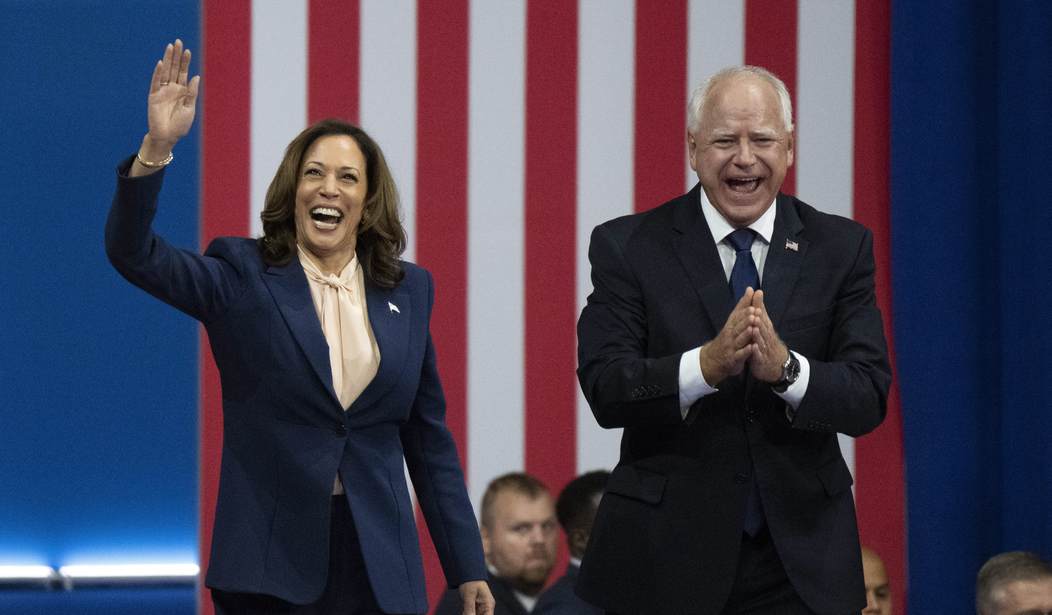After three years of active duty as an enlisted Marine Infantryman and a year in the Reserves, I served in California National Guard field units and at the National Guard Bureau for 22 years. This long and dedicated service is in stark contrast to the actions of Sergeant Walz, whose commitment to his duties is questionable. All 54 Guards are led by political appointees called "The Adjutant General or 'TAG.'" In 1999, the California Army National Guard Chief of Staff told me that the Guard was merely a "state agency posing as a military organization." I vehemently disagreed. The post-9/11 wars have seen the Guard's field units evolve into lethal war-fighting organizations. Most wars weed out the "Courtney Massengale-types," who excel at political maneuvering but cannot forecast, plan, or execute missions. Unfortunately, the post-9/11 wars did not entirely succeed in this endeavor. Most of the 54 National Guards had a "Headquarters problem for decades." Enter Master Sergeant Retired Tim Walz.
We veterans have seen his type before. Check out photos of Sergeant Walz in "The Field." His equipment is clean; there is no dirt on his boots and no wrinkles on his heavily starched fatigues. He is a "headquarters weenie," an office pogue masquerading as a combat arms soldier and leader. His physique is not that of an athlete or hard corps combat arms NCO. It is couch-potato soft. Subordinates wonder if Sergeant Walz passed a physical fitness test because no one has ever seen him take one. Marksmanship? He is never on the range. Height and weight standards? Maybe. Wait a minute, how does a guy like this get selected for the Sergeants Major Academy? "Politics," one soldier replies. "Cronyism," replies another. "Cronyism, the late Ronald B. Flynn said, is the original sin of the National Guard." Cronyism is the root of the "Headquarters problem."
Staffed by full colonels called Directors, the headquarters is replete with ruthless careerists. All personnel are beholden to them for assignments, promotions, and training. A political animal like Sergeant Walz thrives in this environment. He had to ingratiate himself with the right people in the state headquarters to get accepted to the Sergeants Major Academy. This approach is neither new nor surprising to Guard soldiers. No doubt, his partisan work for the Minnesota Democrat party helped him meet the right people. (Guard soldiers, between drill weekends, are free to engage in partisan activity so long as they do not claim to represent the Guard while doing it.) The "right people" in the state headquarters, anxious to ingratiate themselves to Walz's political contacts, could quickly grant his requests for promotion and school.
Recommended
It is essential to understand the significance of the rank of Sergeant Major. It is the highest rank an enlisted soldier can attain, and they carry weighty responsibilities. When a Sergeant Major enters a room, everyone, including commissioned officers, should aspire to emulate them. They set the standard for everyone to follow, serving as advisors with direct access to the commander. They are acutely aware of morale and everything affecting war preparedness. They are the eyes and ears of the commander and the voice of the troops. The actions of a Sergeant Major, therefore, carry immense weight and should be a source of inspiration for all.
Two retired Command Sergeants Major, Thomas Behrends and Paul Herr, who served with Sergeant Walz, have written that in 2003, Walz was selected to attend the Army Sergeants Major Academy, which takes two years to complete. Walz signed a contract with the Army in which he was temporarily promoted or "frocked" to Command Sergeant Major. He agreed that if he failed to complete the academy, the rank would be removed, and he would be reduced to Master Sergeant. He was subsequently assigned as the Command Sergeant Major of an artillery battalion. In early 2005, a warning order was issued to the battalion to be mobilized for Iraq. On May 16th, 2005, he quit. He went around his chain of command directly to a crony at the state headquarters and retired as a Master Sergeant.
I did not see combat until my 24th year of service when I volunteered for Iraq. In his 24th year of service, Walz ran.
John F. Kennedy said, "A nation reveals itself not only by the men it produces but also by the men it honors, the men it remembers." The nominees for president also reveal themselves in this way. When you vote, will you honor the combat-dodging Sergeant Walz or the Iraq combat veteran, Marine Corporal J.D. Vance? The choice is stark, and it's up to you to make the right one.
Follow me on X - @RASmith9; Instagram @AlwaysRightOn, TikTok @Russsmith636 Rumble RSmithVeteran; YouTube.com/@rsmith7042

























Join the conversation as a VIP Member